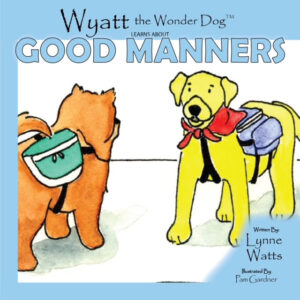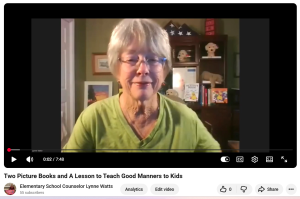Improve Communication Skills and Resolve Conflicts with Kids
He’s making fun of me.
She said she wasn’t my friend any more.
She invited everyone to be in her club except me.
He said I was weird. It hurt my feelings.
Helping kids get along with each other can be quite a challenge. Some days it feels like all we do as parents and educators is try to keep kids from fighting and arguing while teaching better ways to get along. It can be tempting to just assume or hope that kids will figure it out on their own, but a better system is to create an ongoing plan for teaching social skills. Young kids are learning skills that will serve them as adults so it can be a critical time to do more than just provide consequences for misbehavior. Learning to handle conflict and to communicate well with others will serve kids in even more ways than the academics they are learning.
Here are some ways to make sure that kids develop successful ways to interact with others:
- Teach empathy– Help kids develop a sensitivity to the feelings of others. This is an ongoing process not a one time thing to discuss when a child says hurtful things. Use everyday examples in books, movies or common situations to talk about the feelings of each individual. Discuss how the actions of others impact emotions. While we are not responsible for the feelings of others, it is nevertheless important that we take responsibility for our own actions and how they impact others. Help kids think through the effect of their words on others.
- Teach acceptance of the differences of others– Help kids understand that having different ideas, skills, talents and ways of doing things brings value to relationships, communities and schools. Model this approach in all that you do.
- Teach kindness in word and actions– Rather than assume that kids naturally know how to be kind and thoughtful of others, help by identifying specific things to say and ways to behave toward others. Keep in mind that not all kids have good role models to follow. You may be their only resource for how to treat others with kindness. Reward kindness with recognition and praise. Point out the benefits of responding with kindness, even when someone is not treated with kindness themselves.
- Teach conflict resolution not conflict avoidance– Recognize that every conflict is a teachable moment. The goal is not to avoid or even do away with all conflict. Just as making mistakes helps us learn, conflicts with others helps us develop interpersonal skills. Take the time to discuss and work through conflicts rather than just punish misbehavior.
- Identify the initial cause of the conflict: What were the assumptions or beliefs on each of the participants’ parts? Challenge them.
- Identify the feelings or emotions of each: How has the behavior of each participant affected the feelings of the other? Was that the intention? Was there miscommunication?
- Discover an area of mutual agreement: Do they both want to feel that they belong? Do they both want to be recognized as right? Do they both want to avoid hurt feelings in the future? Find and emphasize a common ground.
- Make a plan for the future that each can agree to: Ask how they can avoid having the same conflict in the future. What do they need to say or do to avoid miscommunication or hurt feelings? Create a plan of action that each participant can follow and agree to. Make the agreement official and shake on it.
- Follow-up: Set a date to meet again and determine how the plan is working. Make changes as necessary. Emphasize that conflict resolution is a process.
Wyatt Learns about Good Manners
Wyatt is always wondering about something and lately it is how to get his friend, Max to change his bossy ways. What can he do? Join Wyatt as he considers some rather unusual options until he finally discovers that a heart to heart talk with Max can create a new friendship with an old friend.
Have you ever had a friend that did some things that you disagreed with? Wyatt does and he doesn’t know what to do about it. Join Wyatt as he learns that being honest with his friend is the best and only way to solve the problem. A great story!
~Lynn Hughes M.Ed. professional school counselor, Ball Ground Elementary

Wyatt the Wonder Dog: Learns About Good Manners


[…] Create an understanding and caring environment where any answer is accepted without judgment or a lecture. This isn’t the time to expound on the ten traits of a successful student. You are getting to know your child and what matters to her. Be curious. Be interested. […]